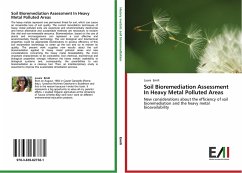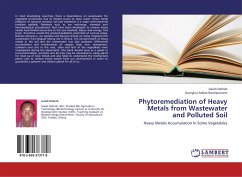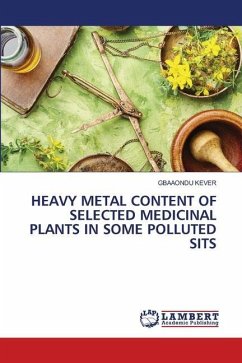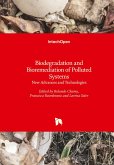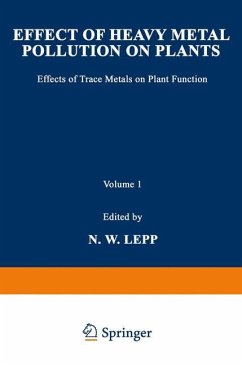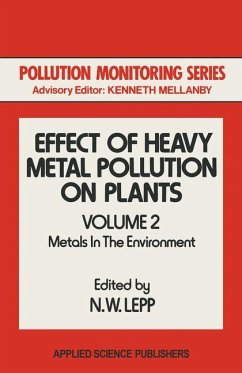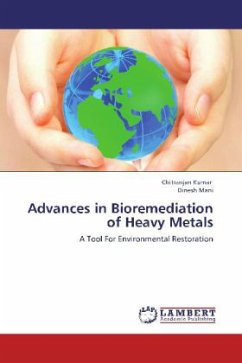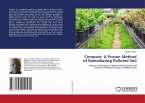The heavy metals represent one permanent threat for soil, which can cause an irreversible loss of soil quality. The current remediation techniques of heavy metal polluted soils are expensive and environmentally destructive and hence alternative and sustainable methods are necessary to reclaim this vital and non-renewable resource. Bioremediation, based on the use of plants and microorganisms can represent a cost effective and environmentally friendly technology. The soil biological and biochemical properties could be appropriate bioindicators to assess efficiency of this soil reclamation technology to clean up the soil and so to restore its quality. The present work supplies new results about the soil bioremediation applied to heavy metal polluted areas and new considerations concerning the heavy metal bioavailability, the most important characteristic to be considered. Soil chemical, biochemical and biological properties strongly influence the heavy metals availability to biological systems and, consequently, the possibilities to use bioremediation as a cleanup tool. Then, an interdisciplinary study is essential to improve this sustainable remediation process.
Bitte wählen Sie Ihr Anliegen aus.
Rechnungen
Retourenschein anfordern
Bestellstatus
Storno

